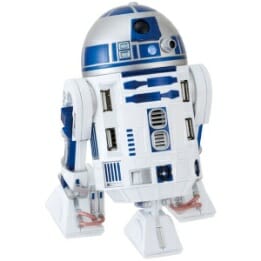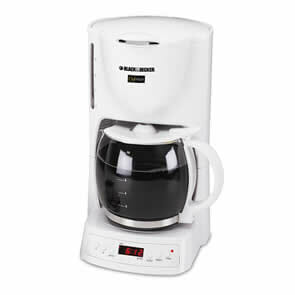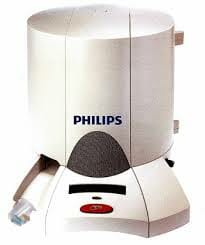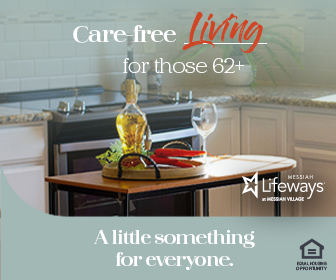At quick glance a PMD could be mistaken for the love child of your coffee pot and r2-D2. For those of you not up on your Star-Wars characters, r2-D2 (pictured below) was a squat little robot that could do all kinds of neat things. Now that you have that thought in your head you’re probably wondering what a PMD is? I’m glad you asked. PMD stands for the Phillips Medication Dispenser. Don’t ask me what r2-D2 stands for, I’m not really sure. I digress. The Phillips Medication Dispensing (PMD) service utilizes a neat piece of technology designed by Phillips Lifeline to help people manage their medications at home safely and efficiently.
Various studies and sources state the average number of prescription medications taken by people over age 65 is five to eight depending whether you include over the counter medications. Having to remember the different times, dosages and the identification of each can become a challenge, especially as one’s memory starts to decline. For seniors, approximately 1 out of 10 hospital admissions are the result of the incorrect use of medications.¹ Not taking medications correctly can have serious consequences, including increased discomfort, inadequate disease prevention and possibly even death.² Unfortunately, I’ve heard of many instances where seniors who were self-medicating struggled with it and it resulted in some of these unfortunate outcomes.
Typically at this stage an individual may need to rely on a loved one or neighbor for help with remembering their medication schedule. As kind and helpful as that friend or adult child can be, this can become a difficult task for them due to their own busy schedules and other responsibilities. The old fashion pill box is another solution, but aside from segmenting the dosages and sometimes the frequency, it lacks the fundamental benefit of the reminder. This is how technology like the PMD can revolutionize the ole’ medicine cabinet.
The dispenser (pictured left) reminds the user to take medications at pre-programmed times into pre-filled dosage cups. It’s broken down into three basic steps. 1). LOAD- the prescribed medications are loaded by a caregiver or a pharmacist in certain cases into individual cups then loaded into the dispenser. 2). DISPENSE- you press the button after the unit blinks and projects a vocal reminder. It will dispense the medication as programmed once you acknowledge the reminder. And lastly 3). ALERT- the dispenser is connected to the users telephone line, so if a dose is missed, the dispenser can contact the caregiver or another designee. They can then check on their loved one to make sure they are getting their medication. And much like r2-D2 the PMD has many fail safes built in and also provides us humans the assistance we need but in a kinder and gentler manner, instead of a nagging yet caring voice, “now mother- did you take your pills today”?
The potential of over or under dosing can lead to serious and unnecessary medical complications and unplanned hospitalizations. This technology is pretty amazing and the Phillips Medication Dispensing Service warrants a look-see. It’s also a great way for seniors to maintain independence and gain peace of mind. For more information or to rent the Phillips Medication Dispenser call Messiah Lifeways at Home at 717.790.8209 or go to www.messiahlifeways.org/community-support/at-home/.
References
¹ C. Nananda, J.P. Fanale, P. Kronholm, ”The Role of Medication Non-Compliance and Adverse Drug Reactions in the Elderly,” Archives of Internal Medicine, 150 (1990): 841 – 845
² Durso, S.C., M.D., “Technological Advances for Improving Adherence in the Ederly,” Annals of Long Term Care, 9 (4), (2001): 43 – 48








